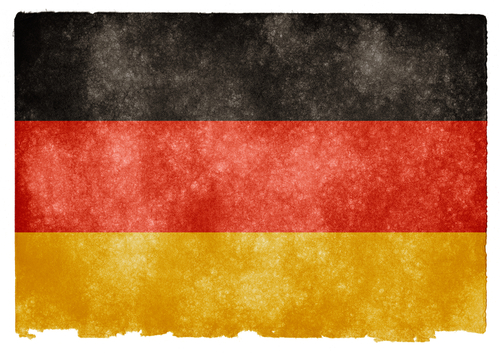The Federal Association for Information Technology, Telecommunications and New Media (BITKOM) has significantly raised its forecast for the ICT market in Germany, hinting at a European-wide IT revival.
According to BITKOM, sales of products and services in IT, telecommunications and consumer electronics markets in 2012 will increase by 2.8 percent and total €152 billion (£121.6bn).
In March, the Association predicted a more modest increase of 1.6 percent. These forecasts are based on the current market assessment by European Information Technology Observatory (EITO).
A pleasant surprise
“Innovations such as the new tablet computers and smart grids have resulted in a strong demand in the ICT markets,” said BITKOM President Dieter Kempf. “Consumers and the industry are investing into new equipment and solutions. The positive trend in the high-tech market will have a stabilising effect on the economy as a whole.”
 If the predictions are correct, this year the market for information technology in Germany will grow by 2.3 percent to €72.8 billion. Meanwhile, the software market is expected to increase 4.4 percent to €16.9 billion.
If the predictions are correct, this year the market for information technology in Germany will grow by 2.3 percent to €72.8 billion. Meanwhile, the software market is expected to increase 4.4 percent to €16.9 billion.
The business for IT services such as outsourcing and maintenance should improve by 2.1 percent to €34.9 billion. The hardware market will grow just 1.1 percent, as a result of the continuing price decline.
BITKOM expects the industry to sell €1.6 billion worth of tablets (up 41 percent) this year, while the business desktop sales continue to decline. This year, the enterprise PC market went down 0.7 percent, but the drop is not as sharp as predicted in March. Back then, the Association expected a dive of 4.4 percent.
Consumer electronics market is also doing better than expected. In this segment, sales are estimated to grow by 2.3 percent to €12.9 billion. The positive trend is due in particular to the strong demand for TVs in time for 2012 sporting events, which, despite the Euro crisis, still appeal to German consumers.
In telecommunications, BITKOM expects strong growth of 3.4 percent to €66.4 billion. The decisive factor is the booming smartphone market – currently seven out of ten mobile phones sold in Germany are smartphones. The revenues in this area are expected to rise by 45.7 percent to €7.9 billion. However, the development in this sector is traditionally very uneven.While the business of mobile data is expected to explode by 13 percent, the revenue for calls will see a smaller increase of 4 percent to €12.8 billion. At the same time, fixed network revenue will be reduced by 7.5 percent to €11.3 billion.
BITKOM says that the positive overall sales figures will lend momentum to the the labor market. According to the Association, 876,000 people were employed by the German ICT industry in 2011. This represents an increase of 3.6 percent, or 28,000 over the previous year. “More than anything, it was the increase in the fourth quarter that provided a major boost,” said Kempf. For 2012, he expects another rise of 1.2 percent, bringing the total ICT employee number to 886,000.
Next year, the industry association predicts the German ICT market will increase a further 1.6 percent to €154.3 billion. The IT is expected to grow by 3 percent to €74.9 billion. Sales of consumer electronics should improve slightly by 1.2 percent to €12.7 billion. As the reason for continued growth, BITKOM cites further price drops and a shift in consumer spending. “The consumers are increasingly choosing all-rounder devices such as smartphones or tablets,” said Kempf. The telecommunications market is expected to grow by 0.5 percent to €66.7 billion.
Euro Story: Each week, we publish a selected story from across NetMediaEurope’s network of European sites. This week’s story by Björn Greif is from ZDNet.de. It was translated and localised by Max Smolaks with additional reporting by Peter Judge.
What do you know about Europe’s role in Tech history? Take our quiz!





